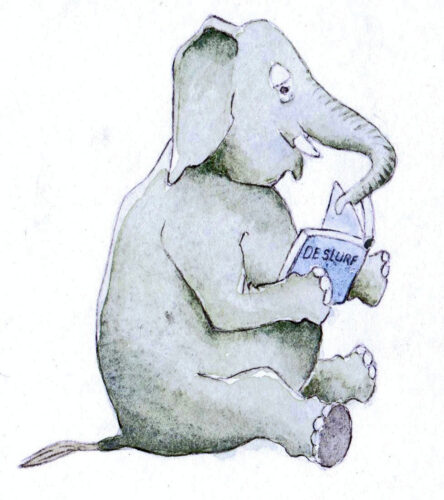A blog by Frits Koster
It warmed my heart when Joyce Cordus invited me to join her in developing a training in forgiveness. The topic has held my interest for many years, probably also because I myself have had to deal painfully with inner hardness and feelings of guilt and shame at various times in my life. Through injury and disgrace, I have come to taste the importance of forgiveness in the process. In addition, the value of forgiveness today is not only linked to religious perspectives. Indeed, there has been a growing body of scientific studies in recent years confirming that forgiveness has qualities that promote health and well-being and that – like mindfulness and kindness – we can allow this beneficial quality to flourish more fully with patient practice.
 In the Mindfulness-Based Compassionate Living or MBCL compassion training, which Erik van den Brink and I developed together starting in 2007, we do pay attention to forgiveness in one of the sessions but this ultimately comprises only a small part of the training. In the Mindfulness-Based Training in Forgiveness (MBTF), we have made forgiveness completely central to a six-session or three-day training. In this sense, a mindfulness course can be compared to learning to drive. A compassion training can be understood as a slip course to develop additional skill when we encounter pain, difficulty and stress – in ourselves or in others. The MBTF training that Joyce and I have now developed can be seen as rehabilitation training – if we have somehow swerved out of control and got stuck.
In the Mindfulness-Based Compassionate Living or MBCL compassion training, which Erik van den Brink and I developed together starting in 2007, we do pay attention to forgiveness in one of the sessions but this ultimately comprises only a small part of the training. In the Mindfulness-Based Training in Forgiveness (MBTF), we have made forgiveness completely central to a six-session or three-day training. In this sense, a mindfulness course can be compared to learning to drive. A compassion training can be understood as a slip course to develop additional skill when we encounter pain, difficulty and stress – in ourselves or in others. The MBTF training that Joyce and I have now developed can be seen as rehabilitation training – if we have somehow swerved out of control and got stuck.
And that happens to all of us. After all, as human beings, we all make mistakes or errors from time to time. We do stupid things, can react impulsively and – in hindsight – do not always make helpful or adequate decisions. We can then easily cultivate an inner hardness toward ourselves and/or toward others, and that does not make anyone happy.
In the MBTF we will explore different intentions and forms of forgiveness, such as towards ourselves, in the form of asking forgiveness and forgiving others – at the individual level, regarding groups and communities and in relation to the increasing polarisation in the world around us. However, there will also be much focus on all kinds of dilemmas and difficulties in the practice and how we may also deal with these wisely and compassionately. The training is secular in nature and scientifically screened.
The Danish theologian and philosopher Søren Kierkegaard once wrote in one of his diaries, “Life can only be understood backward, but it must be lived forward.” We can look back with wisdom and understanding and learn from there and move forward with more kindness and a lighter heart. This will ultimately benefit everyone.
– Frits Koster, May 2023

